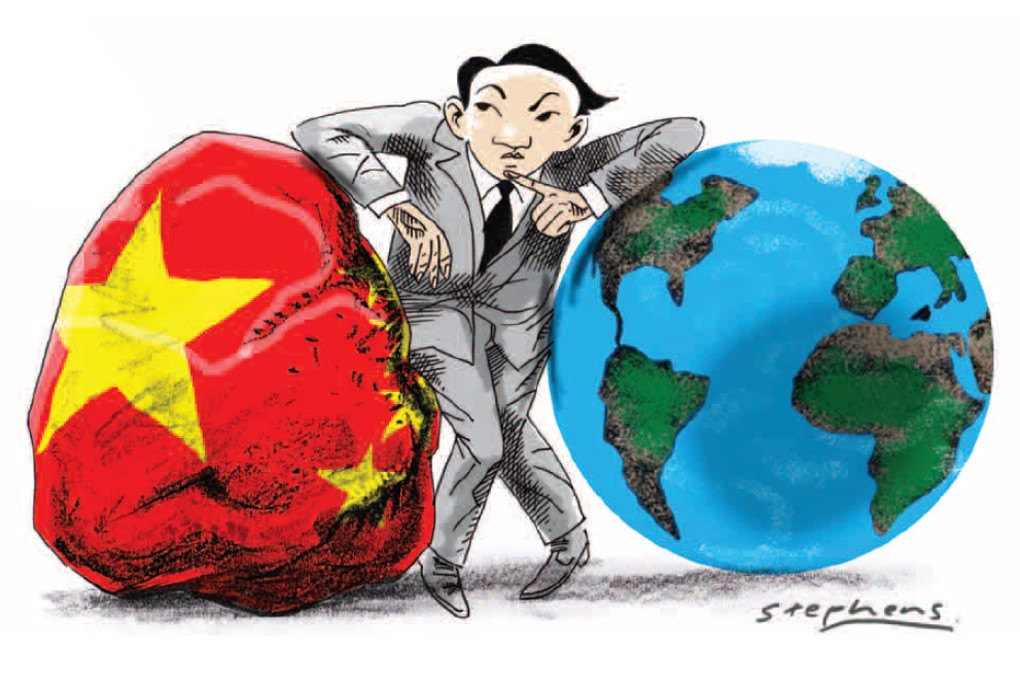Hong Kong must go back to basics to overcome its structural challenges
Vincent Lo says Hong Kong must change, or be changed by external forces, in the face of a web of social, political and economic challenges. It's time to recall our fine tradition of pragmatism

Hong Kong is facing a very critical juncture in our political, democratic development. The city is increasingly being marginalised as a result of the rapid changes around us, generating deep-seated social, economic and political problems.
Former premier Wen Jiabao first coined the term "deep contradictions" to describe Hong Kong's situation. As Professor Richard Wong of the University of Hong Kong elegantly puts it, the source of these deep contradictions arises from Hong Kong's "dual integration" process, which refers to "the product of having to adjust from being integrated with the global market economy to being integrated with both the mainland and the global market economy".
Resourceful big companies do well in adapting to these changes. But Hong Kong's small and medium-sized enterprises typically lack the resources or expertise to tap the mainland market. Those in manufacturing are now facing the acute problem of rising costs and the difficult choice of whether to close shop, move further inland or find a cheaper production base in other countries. Those in the service sector who have been supporting the manufacturing activities in the Pearl River Delta face the same difficult choice.
There is resentment in certain quarters that Hong Kong is not trying hard enough to help itself
Amid all these challenges, Hong Kong has failed to diversify its economy. Our pillar sectors today, all service-driven, have remained the same for more than 20 years, with their competitive advantages gradually eroding. While we stall, mainland cities are fast catching up.
We have lost our feel-good factor not just because of the intense competition. At home, the widening rich-poor divide has taken away much of the gloss of our economic achievements. It tugs at my heart to see many young people struggle, without much hope. Some have turned radical in their political views. Many more have become despondent, disengaged.
There is therefore little surprise that some young people vent their anger by blaming their bleak prospects on the influx of mainland immigrants and visitors.
The rise in numbers is a product of Hong Kong's social integration with the mainland. Many locals worry that the city's systems simply cannot be sustained if the trend continues. These are genuine worries, but the opinions in some quarters show worrying signs of xenophobia and isolationism.
While the business sector sees mainland visitors as customers, some residents regard them as intruders. But many people's livelihood depends on the retail and tourism industries. We cannot just turn mainland visitors away. But we also need to find solutions to cope with the ever increasing numbers. We cannot allow the problem to get out of hand and the resentment to continue to grow.